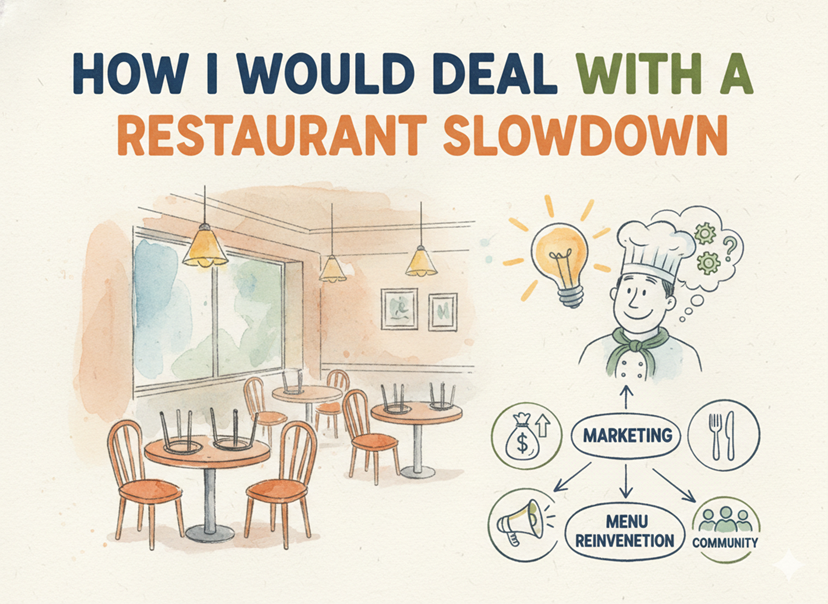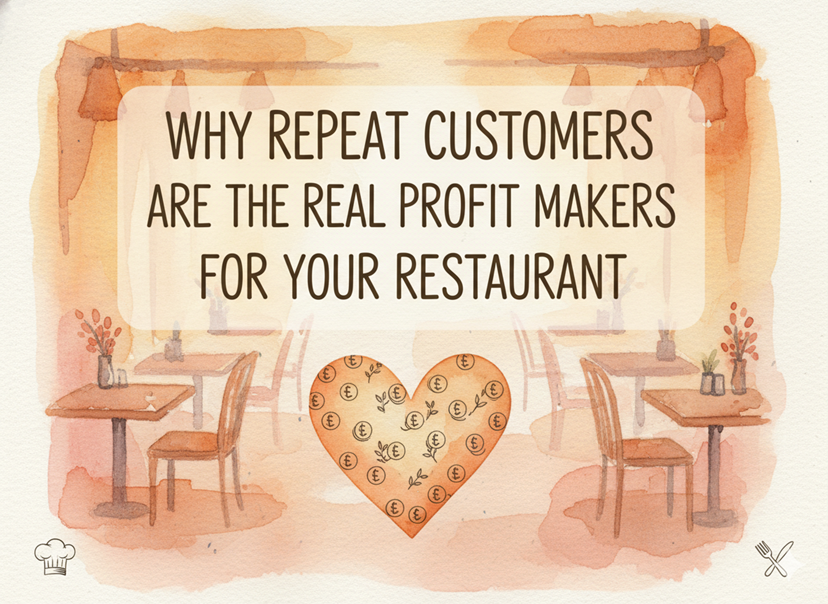You know that smooth communication between your teams is essential for delivering great service. Effective communication in a restaurant is not just about talking but ensuring everyone is on the same page. Poor communication can lead to mistakes, delays, and unhappy customers. The good news is that improving communication is something you can actively work on, and the benefits are huge. Let’s explore how you can improve communication across your restaurant teams and why it’s so important.
Why is Communication Important in the Restaurant Industry?
Clear and effective communication is crucial. Studies show that nearly 60% of restaurant staff report that communication breakdowns lead to mistakes and misunderstandings on the job. When your kitchen, waitstaff, and management are not communicating well, it can create chaos. This chaos impacts customer experience, staff morale, and even your bottom line.
Effective communication reduces errors, speeds up service, and enhances the overall guest experience. It also ensures that your team knows exactly what needs to be done, improving efficiency and reducing stress for everyone involved. So, why is communication so vital in the restaurant industry? Because it ensures your team is aligned, keeps operations running smoothly, and helps deliver an exceptional experience for your customers.
How Can Communication Be Improved in a Team?
Improving communication within your restaurant team is not a one-time fix. It takes consistent effort, but the rewards are worth it. Here are some ways to improve communication:
- Use Technology
One of the easiest ways to improve communication is through technology. With a Point of Sale (POS) system that integrates order management, all team members can access real-time information about orders. This eliminates the need for constant verbal communication and reduces the risk of mistakes. EasyEat’s POS system, for example, updates orders instantly across the entire team, ensuring that everyone is on the same page. - Daily Briefings and Check-ins
Hold short meetings before each shift to ensure everyone is aligned. These meetings should include key information, such as any specials, the expected number of guests, and any issues from the previous day. Daily check-ins help everyone stay informed and reduce confusion during peak hours. - Establish Clear Roles and Responsibilities
Every team member should know what is expected of them. By defining roles clearly, you can minimize overlap and confusion. This is especially important for large teams where multiple staff members might be involved in serving a single table or completing a single task. - Encourage Open Feedback
Encourage an environment where your team feels comfortable giving and receiving feedback. This can help identify areas where communication can be improved. Regular feedback sessions can also boost morale and keep your team motivated. - Train Your Team Regularly
Training is key to ensuring everyone understands how to communicate effectively. Whether it’s teaching your servers how to relay customer requests to the kitchen or training the kitchen staff on how to handle special orders, consistent training ensures that your team knows how to communicate in various situations.
Effective Team Communication: What It Looks Like
Effective team communication is clear, concise, and respectful. Here’s what it should look like in your restaurant:
- Clarity: Make sure instructions are clear, and everyone knows what needs to be done. Avoid using jargon or vague terms.
- Listening: Good communication is not just about talking; it’s about listening too. Your team members should feel heard, and their concerns should be addressed quickly.
- Respect: Communication should always be respectful. A positive work environment leads to better teamwork and a happier staff.
- Timeliness: In a restaurant, timing is everything. Effective communication should be quick and to the point, ensuring that actions can be taken without delays.
How to Communicate as a Restaurant Team?
To communicate effectively as a team, each member must understand how to relay important information in a timely and accurate manner. Here are some steps to ensure your team communicates well:
- Centralize Communication
Use a single platform for communication, whether it’s a POS system, an app, or a messaging tool. This reduces the chances of messages being lost or misinterpreted. For example, servers can send orders directly to the kitchen through your POS system, and managers can update everyone in real time. - Non-Verbal Communication
In a noisy restaurant, verbal communication can be difficult. Train your team to use hand signals or gestures when necessary. This allows them to convey important messages quickly without disrupting the flow of service. - Be Proactive
Encourage your staff to communicate problems before they escalate. If a server notices that a table is waiting too long, they should inform the kitchen or management right away. Being proactive in communication can prevent issues from becoming bigger problems later. - Stay Positive
Communication is not just about exchanging information; it’s also about maintaining a positive atmosphere. Even when things are stressful, ensure that your team is communicating in a way that is supportive and motivating.
Communicating with Team Members Effectively: Tips for Managers
As a restaurant owner or manager, you play a key role in fostering good communication within your team. Here are some ways you can communicate with your team effectively:
- Lead by Example
If you communicate clearly and respectfully, your team will follow suit. Make sure you are approachable and open to feedback. Lead by example in every interaction. - Use Clear and Concise Instructions
When giving instructions, be clear and specific. Instead of saying “Help out in the kitchen,” try “Can you please assist the Chef with the appetizer orders?” Clear instructions lead to fewer mistakes. - Set Expectations
Let your team know what you expect from them, both in terms of communication and performance. Setting expectations will help everyone understand their role in the team and how they should communicate with others. - Listen Actively
Active listening is a key part of effective communication. When your team members speak to you, give them your full attention. Show that you care about their concerns, and take action when necessary.
Improving Communication Between Teams
When you have a large team with different roles—kitchen staff, servers, and management—communication between teams becomes crucial. Here are some tips to improve communication between different teams:
- Create a Shared Language
Developing a common language for your restaurant can help bridge gaps between the kitchen and front-of-house staff. Terms like “on deck” for upcoming orders or “fire” to indicate an urgent need for an item can help streamline communication. - Ensure Regular Cross-Team Meetings
Regular meetings between your kitchen and front-of-house staff help identify issues and improve collaboration. This ensures everyone knows what to expect during busy hours. - Foster Teamwork and Collaboration
Encourage your teams to work together within their areas and across teams. The better the relationship between the kitchen and servers, the smoother your restaurant will run.
Effective communication between teams in your restaurant is key to delivering a great customer experience. Clear communication helps reduce errors, increase efficiency, and motivate your team. You can improve communication in your restaurant by using technology, holding regular briefings, defining roles, and fostering open feedback. Remember, communication is not just about talking—it’s about listening, understanding, and acting quickly. By improving communication across your teams, you will positively impact both staff morale and customer satisfaction.
Take the time to invest in your team’s communication skills today and see the difference it can make in your restaurant’s success.




